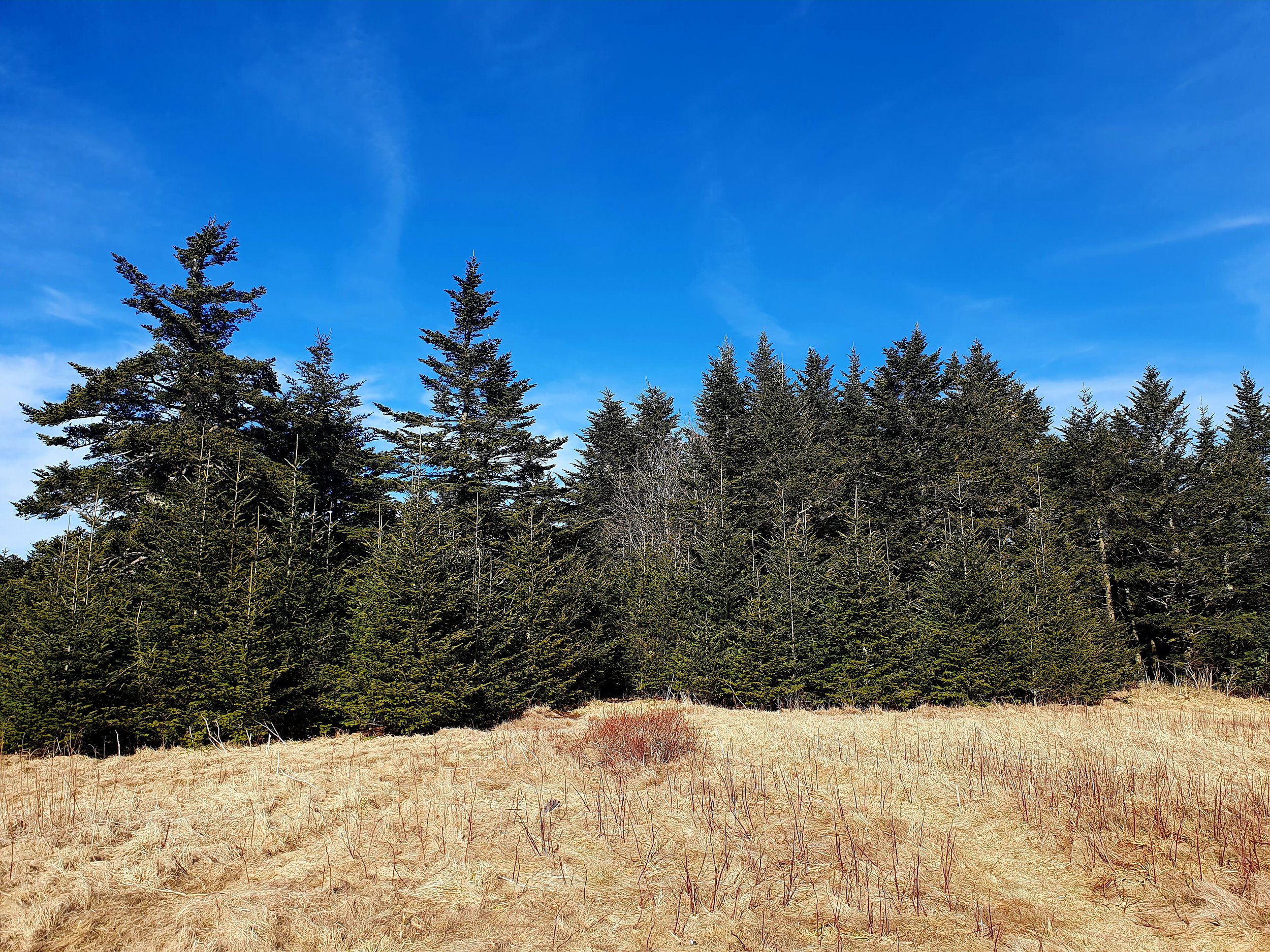
Camping
While camping is allowed along in certain locations at the Roan Highlands, it is subject to the same regulations that apply for dispersed camping on all U.S. Forest Service lands:
Hike ¼ mile from trailhead
At least 100 ft from the trail itself
At least 200 ft from a water source
¼ mile away from any developed rec area
Keep campfires small, confined, and never unattended. Do not bring in outside wood. Be sure to completely and safely extinguish flames and coals before departure.
Do not cut wood from trees. Only collect downed wood.
There is a camping limit of 14 consecutive days in any dispersed or non-fee area.
You must bury any human waste in a hole at least six inches deep. “Wag bags” are also an option.
You must remove all personal and camping equipment when vacating the site (including all trash).
These regulations are especially important to follow at Roan, since the area is home to dozens of rare, threatened, and endangered species. Cutting live wood damages critical habitat for species such as the Carolina northern flying squirrel and spruce-fir moss spider. Bringing in outside firewood can transport invasive pests such as adelgid beetles. Failing to follow these regulations and harming these species constitutes a federal offense subject to prosecution. Be sure to follow all signs and avoid any designated habitat areas. Always remember to Leave No Trace.
Note: while many campers at Roan illegally cut red spruce and Fraser fir trees (pictured below) for campfires, these are softwood trees that do not burn well. Softwood trees are much less dense than deciduous trees, and as such provide much less fuel and heat. These trees are not suitable for campfires. Illegal spruce-fir harvest (which damages critical habitat for endangered species) is not only a federal offense, but also a poor choice for campers trying to build a useful, sustainable fire. Never cut live trees at Roan or at any other public lands.

Fraser fir on Round Bald - damaged heavily from numerous hatchet jobs. These trees are critically important for multiple federally listed species. (Rob Campbell (USFS))

Red spruce tree (WPDE)
Slideshow: the death of a tree in 4 stages (why to never cut limbs)
Note: temperatures at Roan can reach extreme colds at night. The balds are not well suited for camping, as they provide little shelter or warmth and are subject to very strong winds at night. Always come prepared and exercise caution if choosing to camp. Do not leave any camping materials behind.





